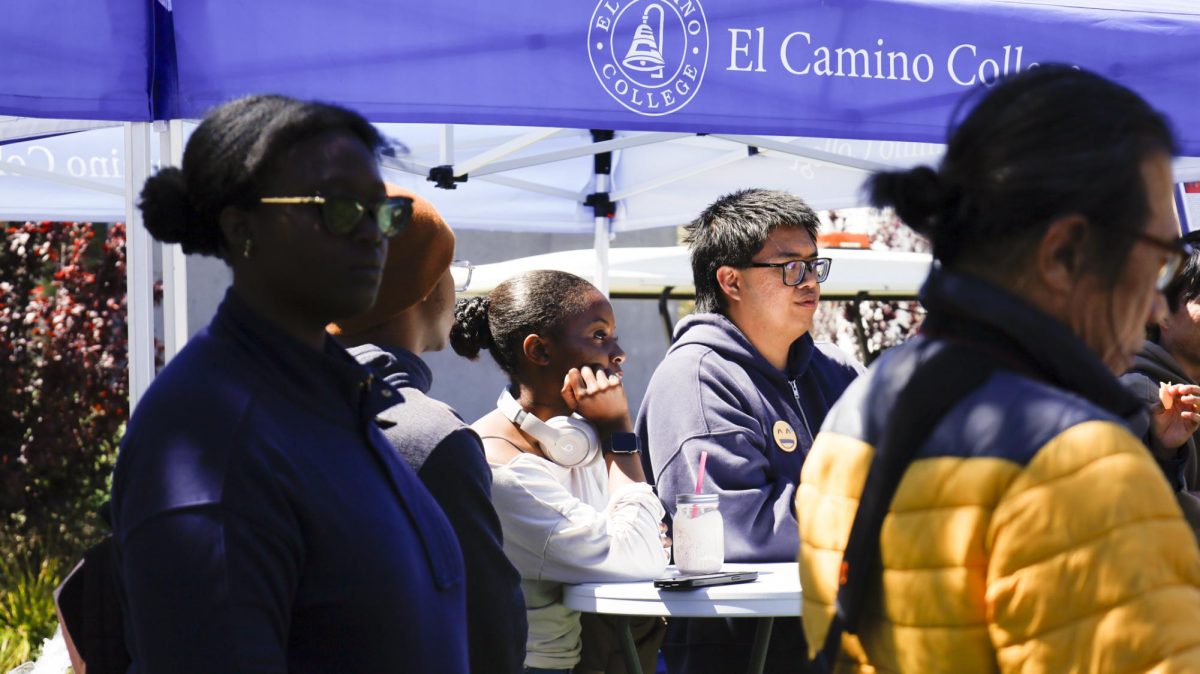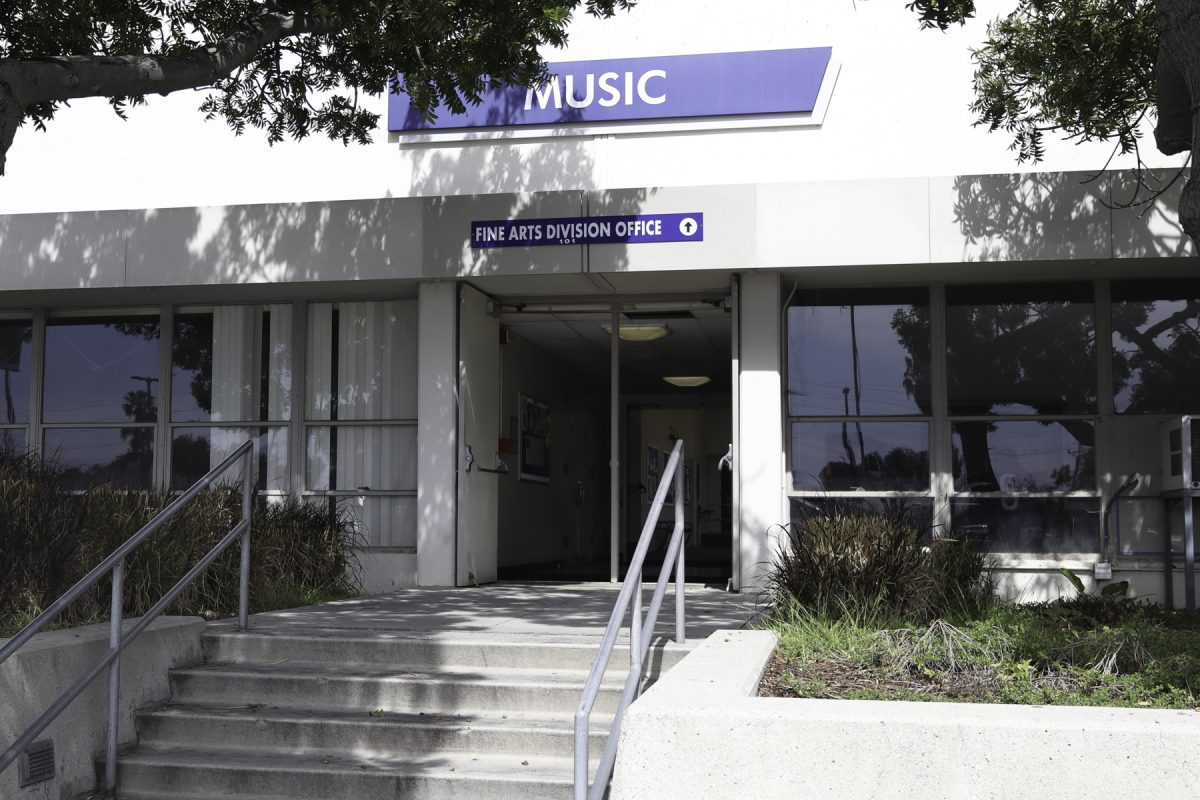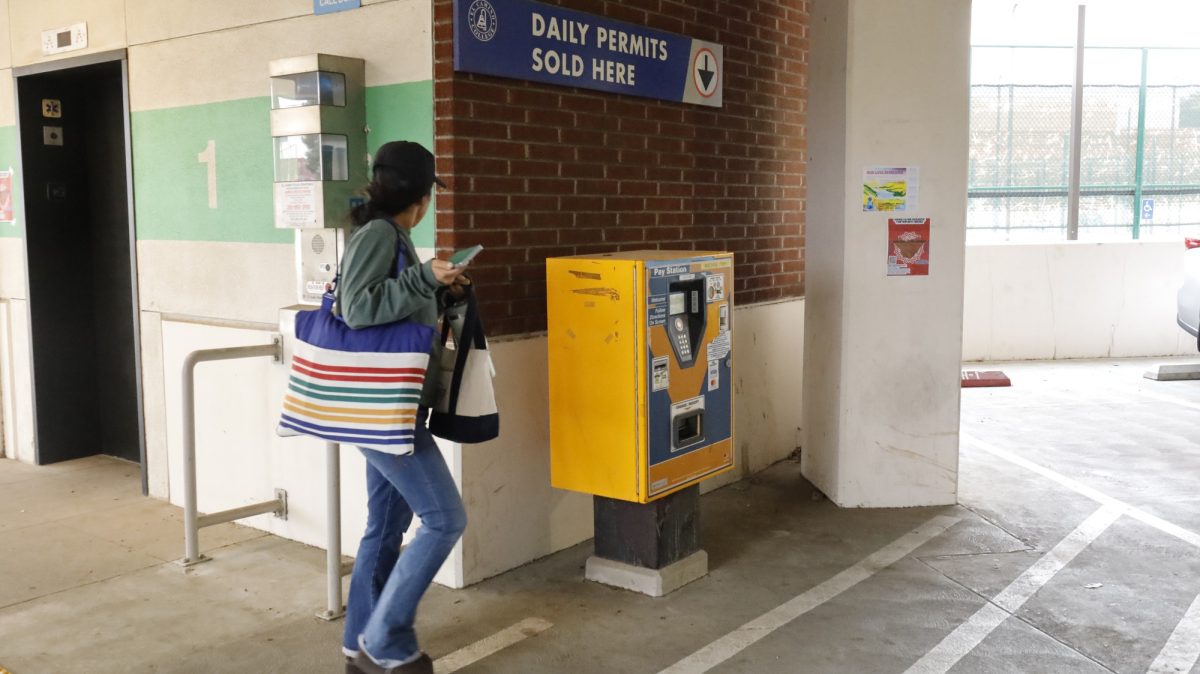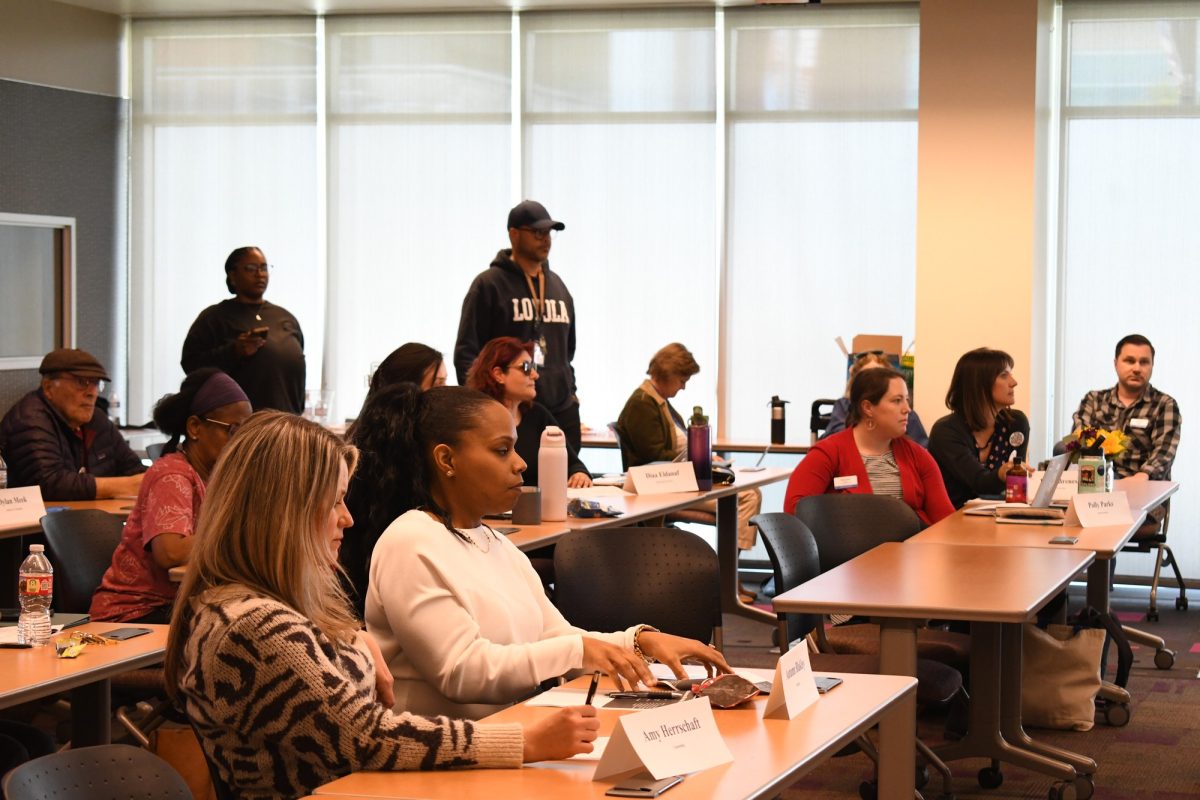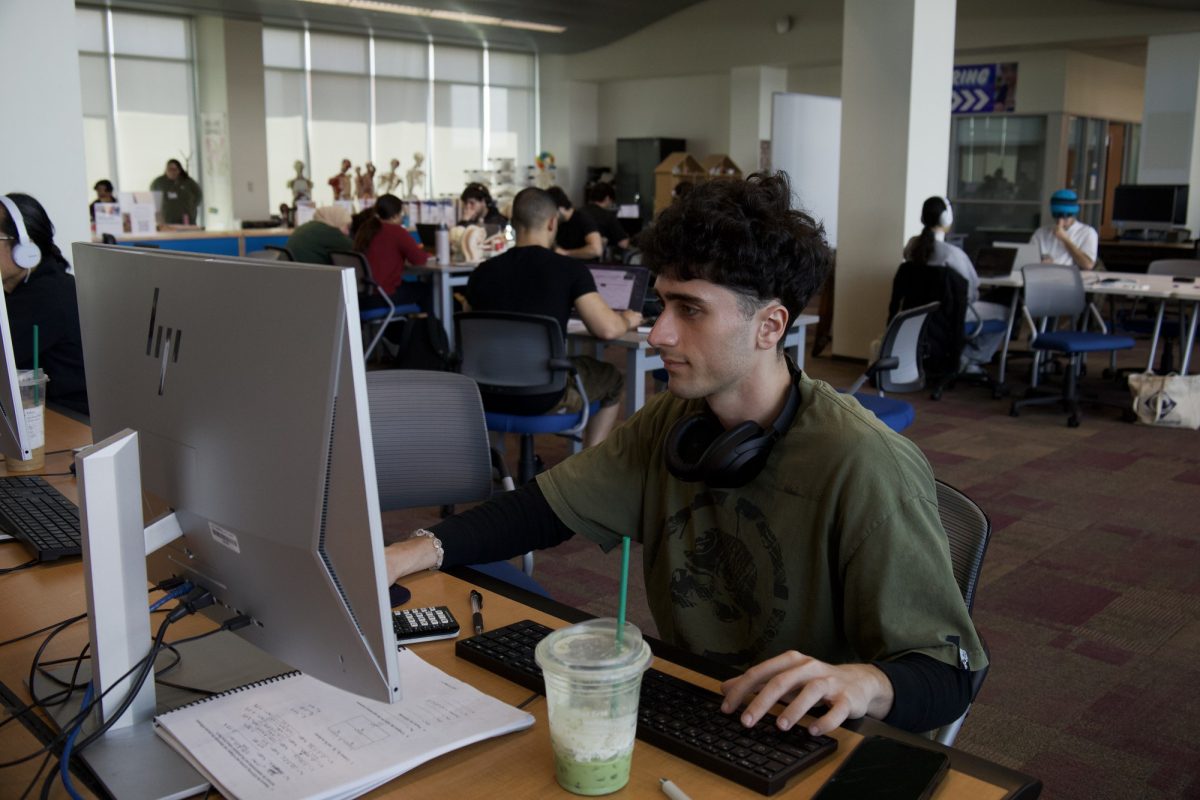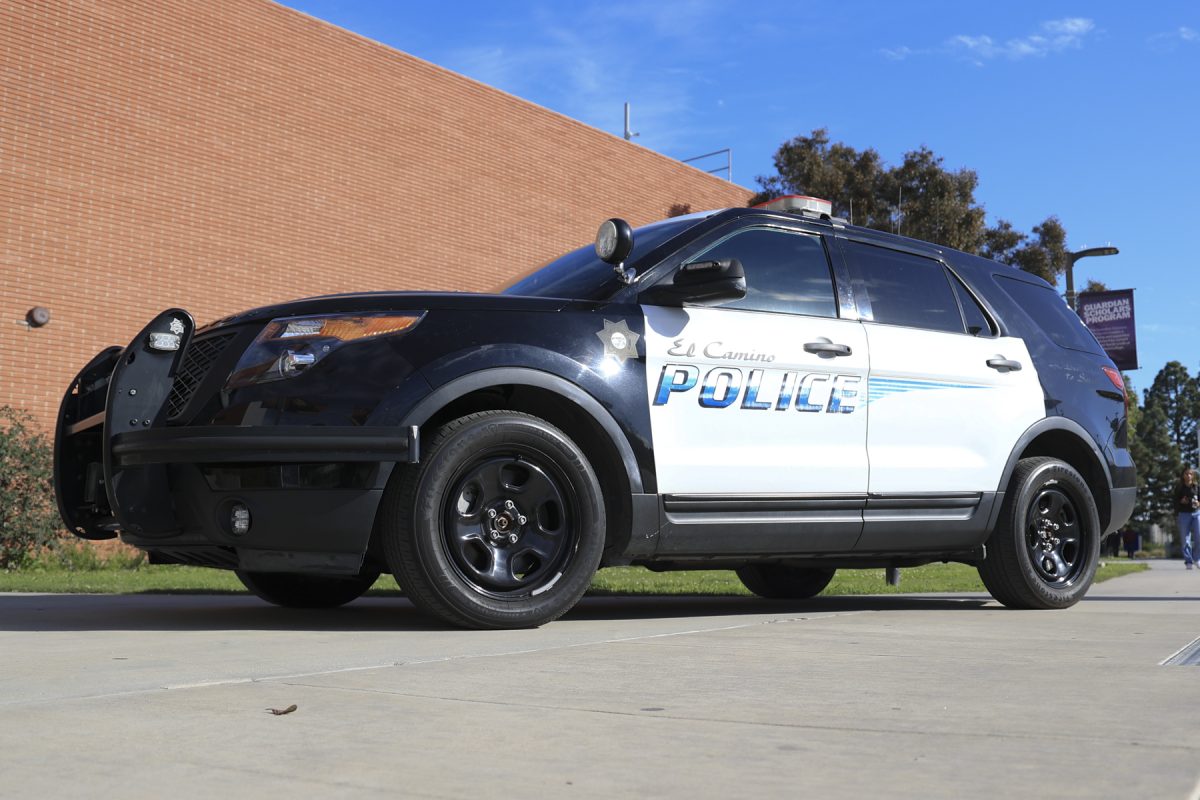A proposal to completely shift the revenue created from El Camino’s student activity fee from the Auxiliary Services Board (ASB) to the Associated Students Organization (ASO) was introduced at the College Council meeting Monday, Dec. 3.
The proposal will shift around $400,000 of funds per year into the hands of the ASO. Instead of programs such as athletics, forensics, and journalism being funded each year through an allotted amount, the programs will have to go in front of the ASO each year and explain why they need funds.
The ASO would then review the merits of the request and, if deemed necessary, approve the funds.
The proposal came with more questions than answers.
“I’m concerned with asking student government to fund the newspaper,” student media Advisor Stefanie Frith said during the meeting. “Maybe one year you’re a big fan, maybe next year there is a story in the newspaper that upsets you, I come from colleges where this has happened.”
Debra Breckheimer, EC dean of Humanities said she is going to focus on the journalism program by possibly getting funds shifted to a different budget, an idea that other affected programs are sure to try as well.
“There are conversations that still need to take place to find out if there is any room in the general budget to fund these programs,” Breckheimer said.
Another part of the proposal was met with less backlash but could become just as important in the long run.
Student President Joseph Mardesich said that programs that make their own revenue will be able to keep it, meaning more money for the programs that make revenue and less for the ones that don’t.
Mardesich also said programs will get more money allocated to them based off of how many students they have in their program with ASB stickers.
“The percentage of students with the sticker will play a part,” Mardesich said. “But we’re not going to forget about the equality of the programs.”
Mardesich laid out the plan with EC Director of Student Development Greg Toya who said during the meeting that EC will now require certain groups of students to have a sticker in order to be part of their chosen program.
“We talked to Dean Natividad and he mentioned he will look into having the school by-laws changed to have student-athletes be required to have the sticker,” Toya said.
While some programs will surely make money from these changes, the true impact won’t be known until a new group of student government takes over, Mardesich sees hope that the extra revenue created by the increase in sticker price will offset any negative impact on certain programs.
“It is a high possibility that programs will have more money because we will have more revenue,” Mardesich said.


